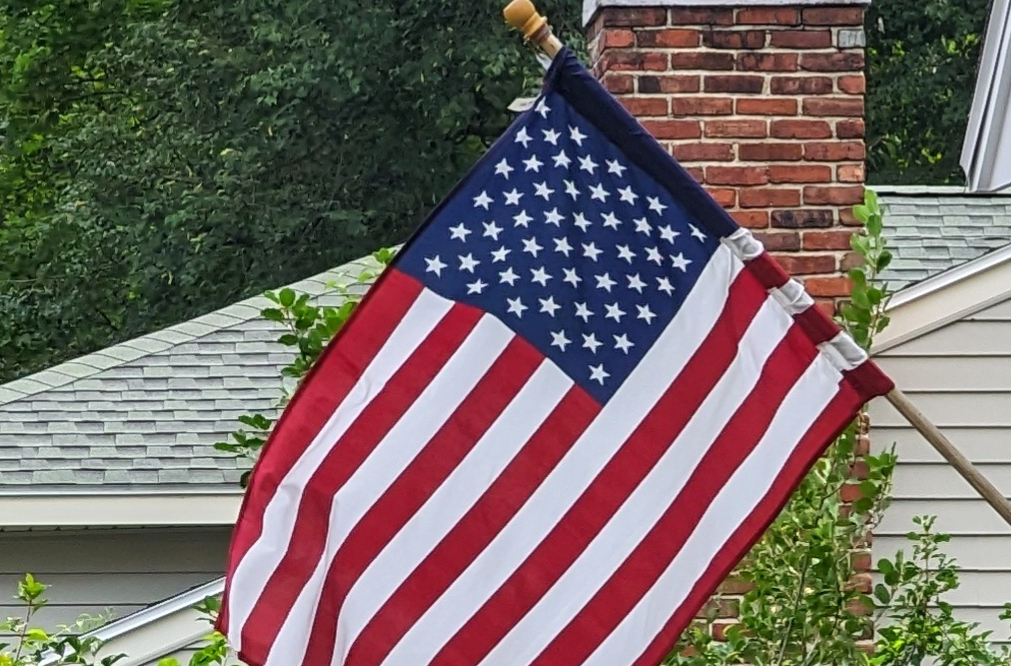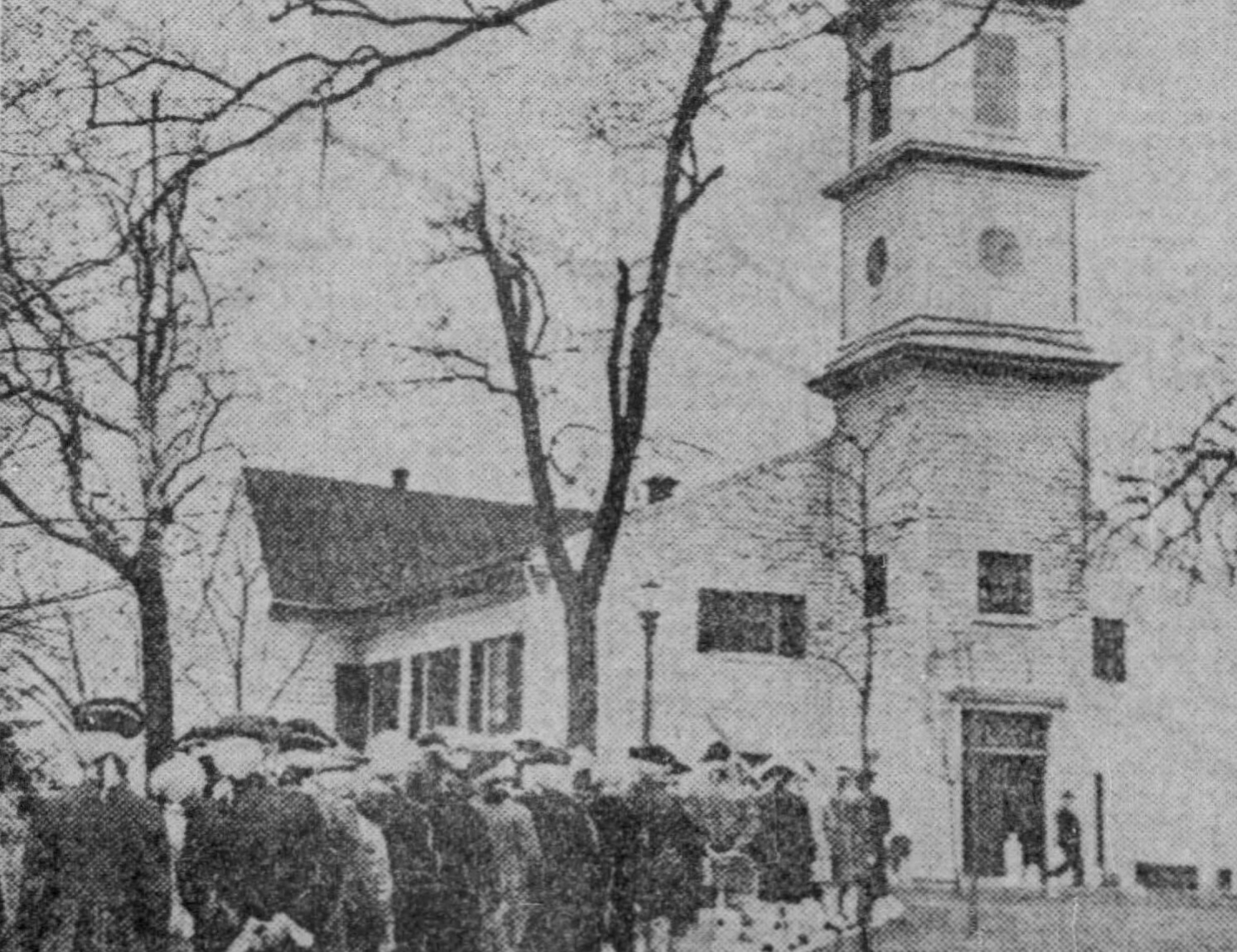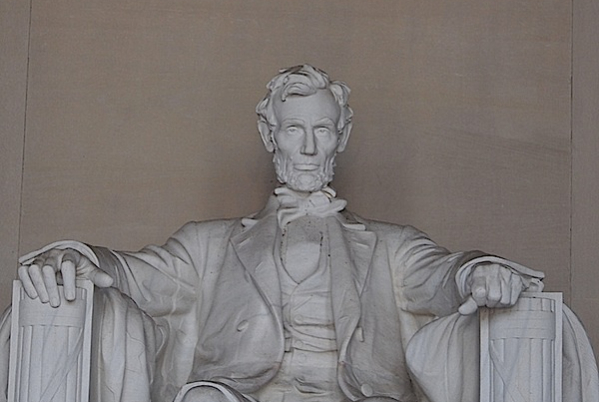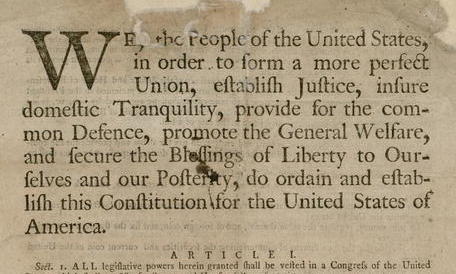
Continuing a Tradition of Civics Excellence
By Mike Sabo With new institutes emerging at colleges and universities in Florida, Ohio, Utah, Tennessee, North Carolina, Texas, and elsewhere, civics education may be
Before outbreak of the American Revolution, colonies were deeply embedded in the patriarchal traditions and customs of the entire world. All cultures and civilizations had placed women in a subordinate position in the political and social realm. However, the Declaration of Independence raised the consciousness of at least some women and men about the inequality that was embedded in the legal and cultural regimes. Women became serious contributors to the American Revolution war effort, and some, such as Abigail Adams (wife of Colossus of Independence and President John Adams) questioned why they should not be entitled to equality declared in the Declaration.
Unfortunately, the idea of gender equality was scoffed at by most both men and women. For the most part, women were supreme in their social sphere of family and housekeeping, but were to have no direct political or legal power.
The political patriarchy did not consider women able to possess the correct temperament, stamina, or talents to be full participants in the American experiment. Justice Joseph Bradley of the United States Supreme Court, in a concurring opinion upholding the Illinois Bar’s prohibition of women from the practice of law, epitomized these sentiments:
[T]he civil law, as well as nature herself, has always recognized a wide difference in the respective spheres and destinies of man and woman. Man is, or should be, woman’s protector and defender. The natural timidity and delicacy which belongs to the female sex evidently unfits it for many occupations of civil life.
However, the hunger for freedom and equality could not be contained. With the strengthening of the abolitionist movement came a renewed interest in women’s suffrage. A groundbreaking women’s suffrage conference – the first of its kind in the world – was organized by Elizabeth Cady Stanton and others in Seneca Falls New York in 1848. At the heart of the conference was the Declaration of Sentiments and Resolutions, written by Stanton and adopted by the conference on July 20, 1848. Paralleling the Declaration of Independence, the power of the statement is understood best by simply reading a key passage:
We hold these truths to be self-evident: that all men and women are created equal; that they are endowed by their Creator with certain inalienable rights; that among these are life, liberty, and the pursuit of happiness; that to secure these rights governments are instituted, deriving their just powers from the consent of the governed. Whenever any form of government becomes destructive of these ends, it is the right of those who suffer from it to refuse allegiance to it, and to insist upon the institution of a new government, laying its foundation on such principles, and organizing its powers in such form, as to them shall seem most likely to effect their safety and happiness. Prudence, indeed, will dictate that governments long established should not be changed for light and transient causes; and accordingly all experience hath shown that mankind are more disposed to suffer. while evils are sufferable, than to right themselves by abolishing the forms to which they are accustomed. But when a long train of abuses and usurpations, pursuing invariably the same object, evinces a design to reduce them under absolute despotism, it is their duty to throw off such government, and to provide new guards for their future security. Such has been the patient sufferance of the women under this government, and such is now the necessity which constrains them to demand the equal station to which they are entitled. The history of mankind is a history of repeated injuries and usurpations on the part of man toward woman, having in direct object the establishment of an absolute tyranny over her. To prove this, let facts be submitted to a candid world. “
The history of mankind is a history of repeated injuries and usurpations on the part of man toward woman, having in direct object the establishment of an absolute tyranny over her. To prove this, let facts be submitted to a candid world. . . .
Now, in view of this entire disfranchisement of one-half the people of this country, their social and religious degradation–in view of the unjust laws above mentioned, and because women do feel themselves aggrieved, oppressed, and fraudulently deprived of their most sacred rights, we insist that they have immediate admission to all the rights and privileges which belong to them as citizens of the United States.
The Seneca Falls conference and declaration was just the beginning. During the lead to and aftermath of the Civil War, the women’s suffrage movement gathered strength and momentum. The 14th Amendment, which gave all men the right to vote regardless of race or prior servitude, was bittersweet. The ratification of the amendment split the suffragists and abolitionists movements – some within both movements wanted women to be included in the 14th Amendment, and others did not want to jeopardize its passage by including women in light of the overwhelming bias against women’s suffrage at that time. The suffragists lost, and the 14th Amendment gave all men – but not women – their due.
It took several more generations of determined suffragists to enact constitutional change with the adoption of the 19th Amendment. The territory of Wyoming in 1869 was the first to give women the right to vote. It would take over 50 years before the women’s right to vote was a constitutional right. The movement only happened with the great tenacity, persistence, brilliance, and courage of the women and men suffragists that slowly but surely turned the nation toward universal suffrage. Parades, protests, hunger strikes, speaking tours, book tours, and countless other tactics were used to change the tide.
The 19th Amendment was passed by Congress on June 4, 1919, ratified by the States on August 18, 1920, and effective on August 26, 1920. It simply provides:
The right of citizens of the United States to vote shall not be denied or abridged by the United States or by any State on account of sex. Congress shall have power to enforce this article by appropriate legislation.
Short, but revolutionary. Honor the sacrifices of generations before us and defend – and exercise – the right to vote for women and all Americans.
– Oakland County Circuit Court Judge Michael Warren is the author of America’s Survival Guide, How to Stop America’s Impending Suicide by Reclaiming Our First Principles and History (www.AmericasSurvivalGuide.com), constitutional law professor, and co-creator of Patriot Week (www.PatriotWeek.org).

By Mike Sabo With new institutes emerging at colleges and universities in Florida, Ohio, Utah, Tennessee, North Carolina, Texas, and elsewhere, civics education may be

By John A. Ragosta On March 23rd in 1775, Patrick Henry rose at St. John’s Church in Richmond, Virginia, to urge his countrymen to arm

By Brian Matthew Jordan One hundred and fifty-nine years ago this Sunday, a 26-year-old white supremacist and Confederate sympathizer named John Wilkes Booth pointed a

By Jonathan W. White Historians and the general public regularly rank Abraham Lincoln as America’s greatest president. There is little doubt that he is widely

By Hans Zeiger December 15th marks Bill of Rights Day, which commemorates the 232nd anniversary when the first ten amendments to the U.S. Constitution were

The Patriot Week Foundation achieved its 501(c)(3) status in December 2012 and has moved forward by building a sustainable, nonpartisan organization. Currently staffed with an Operations Manager and Education Consultant, the Patriot Week Foundation will be adding to its complement of talent shortly.
This unique, historically grounded, non-partisan approach is desperately needed in our toxic political environment. In no small measure, the fate of the nation depends on it.
Get in Touch
Fill out the form, our team will get back to you ASAP.